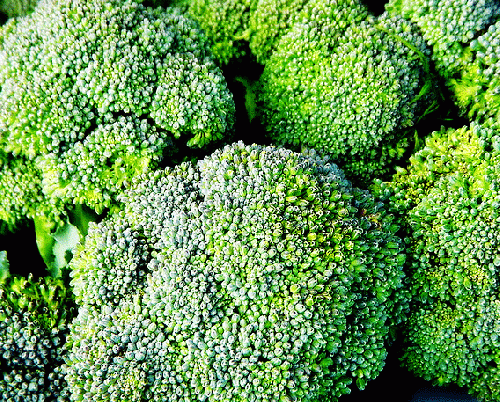Discovery of a biochemical basis for broccoli's cancer-fighting ability

Scientists are reporting discovery of a potential biochemical basis for the apparent cancer-fighting ability of broccoli and its veggie cousins. They found for the first time that certain substances in the vegetables appear to target and block a defective gene associated with cancer. Their report, which could lead to new strategies for preventing and treating cancer, appears in ACS' Journal of Medicinal Chemistry.
Fung-Lung Chung and colleagues showed in previous experiments that substances called isothiocyanates (or ITCs) — found in broccoli, cauliflower, watercress, and other cruciferous vegetables — appear to stop the growth of cancer. But nobody knew exactly how these substances work, a key to developing improved strategies for fighting cancer in humans. The tumor suppressor gene p53 appears to play a key role in keeping cells healthy and preventing them from starting the abnormal growth that is a hallmark of cancer. When mutated, p53 does not offer that protection, and those mutations occur in half of all human cancers. ITCs might work by targeting this gene, the report suggests.
The scientists studied the effects of certain naturally-occurring ITCs on a variety of cancer cells, including lung, breast and colon cancer, with and without the defective tumor suppressor gene. They found that ITCs are capable of removing the defective p53 protein but apparently leave the normal one alone. Drugs based on natural or custom-engineered ITCs could improve the effectiveness of current cancer treatments or lead to new strategies for treating and preventing cancer.



























